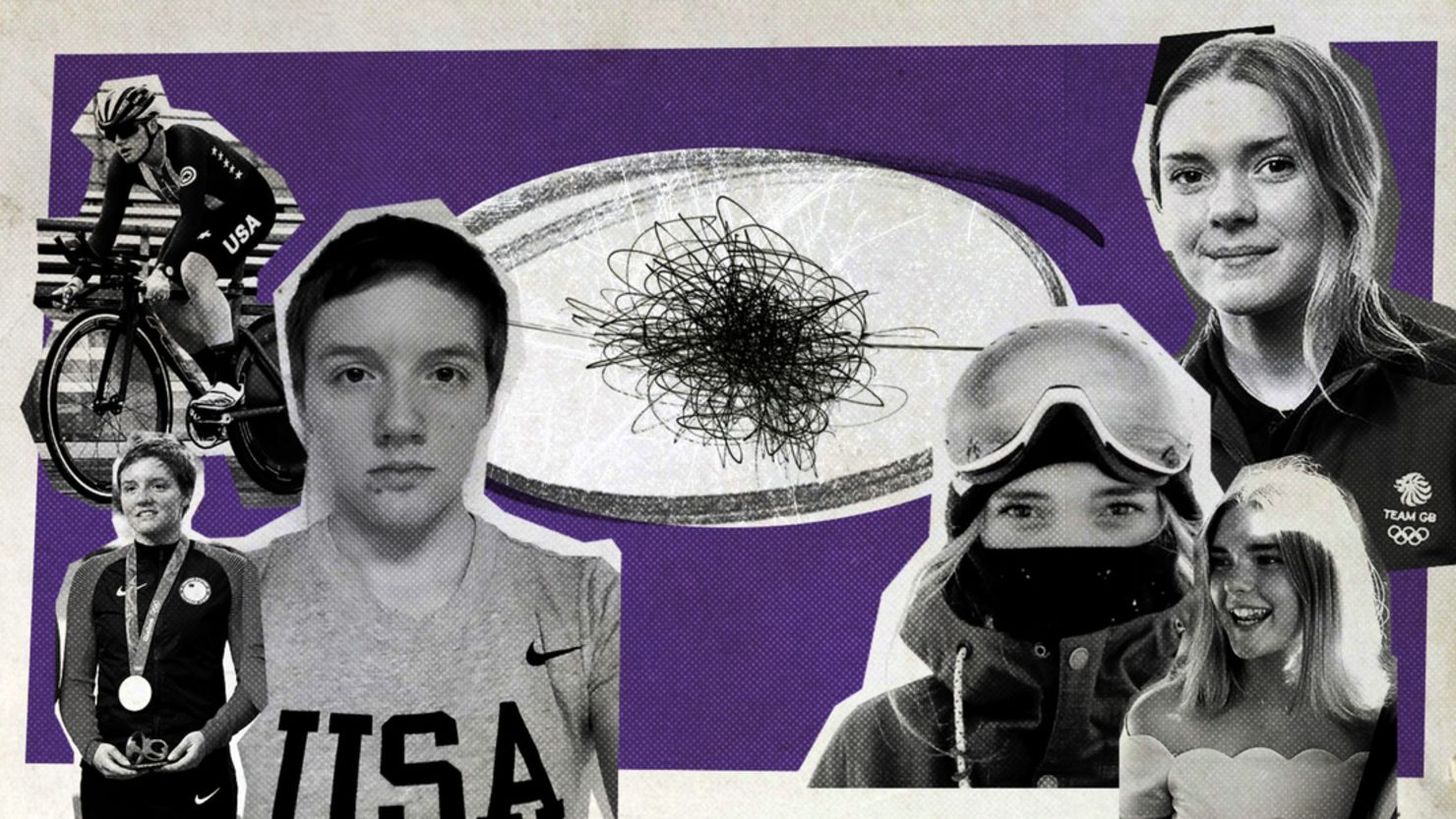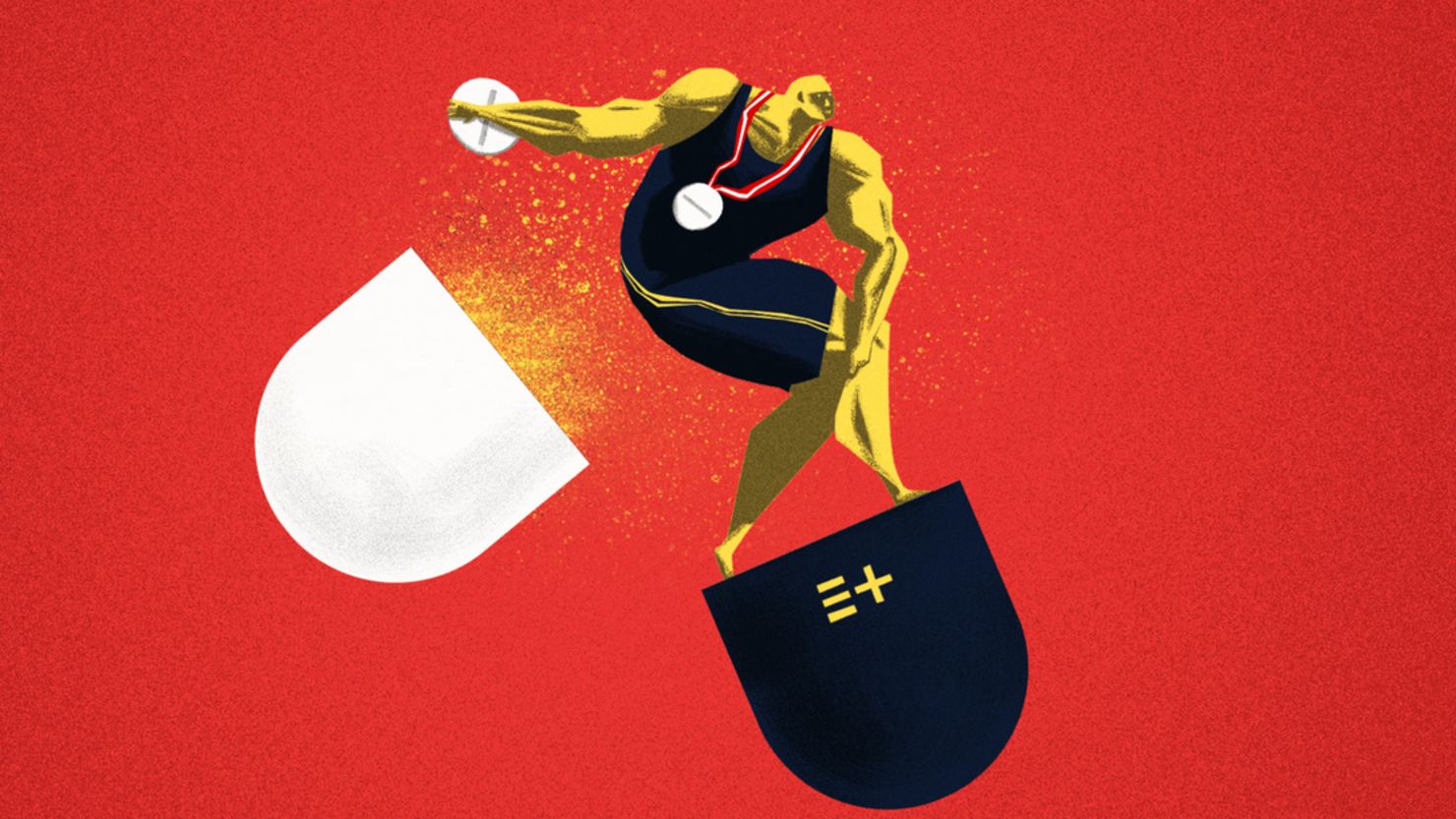
These young female athletes died by suicide. They all had head injuries in common
Entities mentioned:
- Kelly Catlin: Ambition, Determination, Professional pride
- Ellie Soutter: Ambition, Competitive spirit, Recognition
- Dr. Ann McKee: Professional pride, Duty, Curiosity
- Dr. Robert Cantu: Professional pride, Duty, Curiosity
- Katherine Snedaker: Justice, Duty, Enthusiasm
Article Assessment:
Credibility Score: 85/100
Bias Rating: 45/100 (Center)
Sentiment Score: 25/100
Authoritarianism Risk: 20/100 (Strongly Democratic)
Bias Analysis:
The article presents a balanced view, incorporating multiple perspectives and citing scientific studies. While it focuses on female athletes, it does so to highlight an underrepresented issue rather than to diminish male athletes' experiences.
Key metric: Mental Health and Suicide Rate Among Female Athletes
As a social scientist, I analyze that this article highlights a critical issue in sports medicine and athlete welfare, particularly concerning female athletes. The piece exposes a significant gap in research, understanding, and treatment of concussions and head injuries in women's sports. The tragic stories of Kelly Catlin and Ellie Soutter underscore the potential severe consequences of inadequate protocols and follow-up care for female athletes with head injuries. The article suggests that gender disparities in sports science research, coupled with biological differences and societal pressures, may be putting female athletes at higher risk for long-term consequences of head injuries, including mental health issues and suicide. This situation calls for urgent attention to improve research, protocols, and support systems specifically tailored for female athletes.

A doping free-for-all Enhanced Games calls itself the answer to doping in sports. Opponents say it poses a danger to health
Entities mentioned:
- Enhanced Games: Ambition, Competitive spirit, Influence
- International Olympic Committee (IOC): Control, Legacy, Professional pride
- World Anti-Doping Agency (WADA): Justice, Duty, Righteousness
- Aron D'Souza: Ambition, Recognition, Influence
- Travis Tygart (USADA): Justice, Moral outrage, Professional pride
- Dr. Grigory Rodchenkov: Justice, Moral outrage, Duty
Article Assessment:
Credibility Score: 75/100
Bias Rating: 45/100 (Center)
Sentiment Score: 35/100
Authoritarianism Risk: 25/100 (Generally Democratic)
Bias Analysis:
The article presents multiple viewpoints, including those of the Enhanced Games proponents and various anti-doping authorities. While it gives more space to critics of the Enhanced Games, it does attempt to present the founder's perspective, maintaining a relatively balanced approach.
Key metric: Public Health and Safety
As a social scientist, I analyze that the proposed Enhanced Games represents a significant shift in the approach to competitive sports, challenging established norms around doping and athlete health. This concept poses serious ethical and health concerns, potentially normalizing dangerous drug use in athletics. The stark contrast between the Enhanced Games' permissive stance on performance-enhancing drugs and the strict anti-doping policies of traditional sporting bodies like the IOC and WADA highlights a growing tension in the world of competitive sports. The potential health risks to athletes and the legal challenges faced by such an event suggest that it could have far-reaching negative implications for public health and safety, particularly among young athletes who may be influenced by this approach. The debate surrounding the Enhanced Games also reflects broader societal questions about the limits of human performance and the role of technology and science in sports.